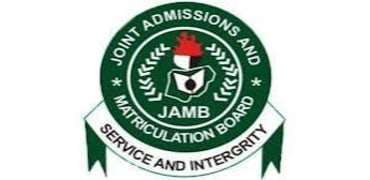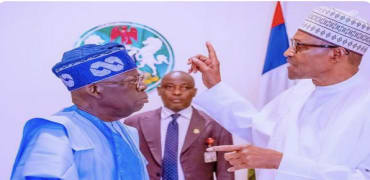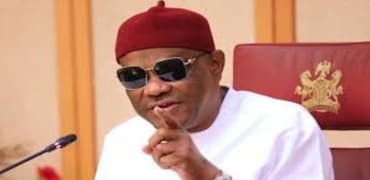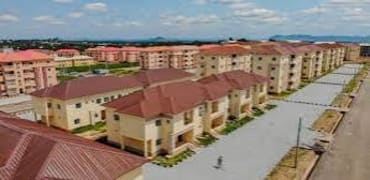FG Announces N75,000 Cash Transfers for 70 Million Nigerians by 2025: Here’s What You Need to Know
FG Announces N75,000 Cash Transfers for 70 Million Nigerians by 2025: Here’s What You Need to Know
By Achimi muktar
In a landmark initiative to combat extreme poverty, the Federal Government has unveiled plans to distribute ₦75,000 cash transfers to an estimated 70 million of Nigeria’s poorest citizens by 2025. This ambitious program, spearheaded by the Ministry of Humanitarian Affairs and Poverty Reduction, aims to create an inclusive social safety net and alleviate the burden of economic hardship.
Details of the Initiative
During an appearance on The Morning Show on Arise Television, the Minister of Humanitarian Affairs and Poverty Reduction, Professor Nentawe Yilwatda, outlined the program’s framework. The initiative targets 15 million households, with each household comprising an average of four to five individuals. The rollout will leverage the National Identity Number (NIN) system to streamline registrations and ensure that the funds reach the most vulnerable Nigerians.
“Our goal is to deploy this program across all 36 states by the end of January 2025,” Prof. Yilwatda stated. “We aim to register up to 18.1 million households as quickly as possible to facilitate the payment process.”
Addressing Challenges and Building Infrastructure
Prof. Yilwatda acknowledged that only 1.4 million households currently have NINs in the government’s poverty database. To bridge this gap, the ministry is collaborating with the National Identity Management Commission (NIMC) and deploying resources for training and data capturing in states like Rivers, Kwara, Nasarawa, and the Federal Capital Territory (FCT).
NIMC has also introduced additional devices under a World Bank-supported initiative to expedite the registration process. This technological upgrade will reduce errors, improve accountability, and ensure transparency in fund disbursement.
A Renewed Focus on Transparency
The program follows recent controversies surrounding allegations of mismanagement within the National Social Investment Programme Agency (NSIPA). In January 2024, President Bola Tinubu suspended all NSIPA-managed programs and the then-Minister of Humanitarian Affairs and Poverty Alleviation, Betta Edu, over allegations of fund misappropriation.
In light of these developments, Prof. Yilwatda emphasized the government’s commitment to leveraging technology and institutional reforms to enhance transparency and accountability in the new initiative.
Nationwide Impact and Goals
This program forms part of President Tinubu’s broader economic agenda to tackle extreme poverty and foster sustainable development. By integrating digital technology and focusing on the poorest Nigerians, the initiative aims to create a robust framework for long-term poverty reduction.
“We are working to ensure that this process is efficient and that the funds reach those who need them the most,” Prof. Yilwatda said.
What’s Next?
As the government ramps up efforts to deploy the program nationwide, Nigerians can expect the first phase of cash transfers to begin in early 2025. The initiative not only promises financial relief but also a renewed hope for millions struggling to make ends meet in the face of economic challenges.
With the focus now on registration, data integrity, and timely disbursement, the Federal Government’s ₦75,000 cash transfer initiative could set a new benchmark in poverty alleviation and social welfare programs in Nigeria.


















